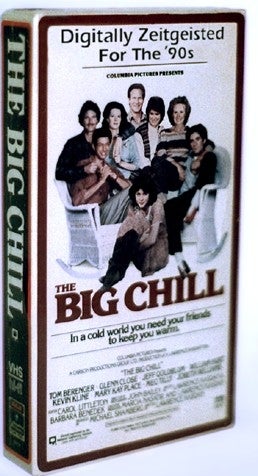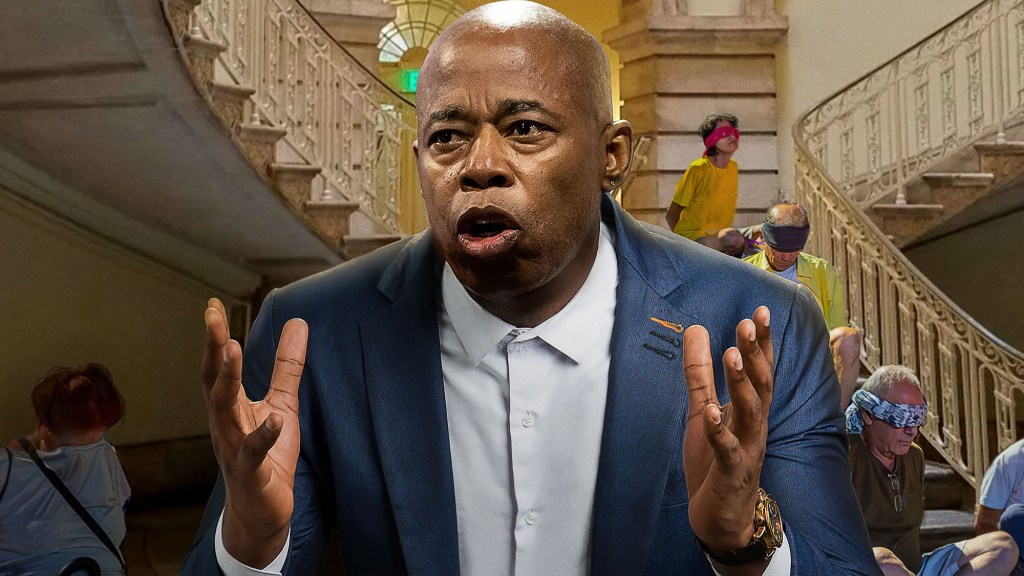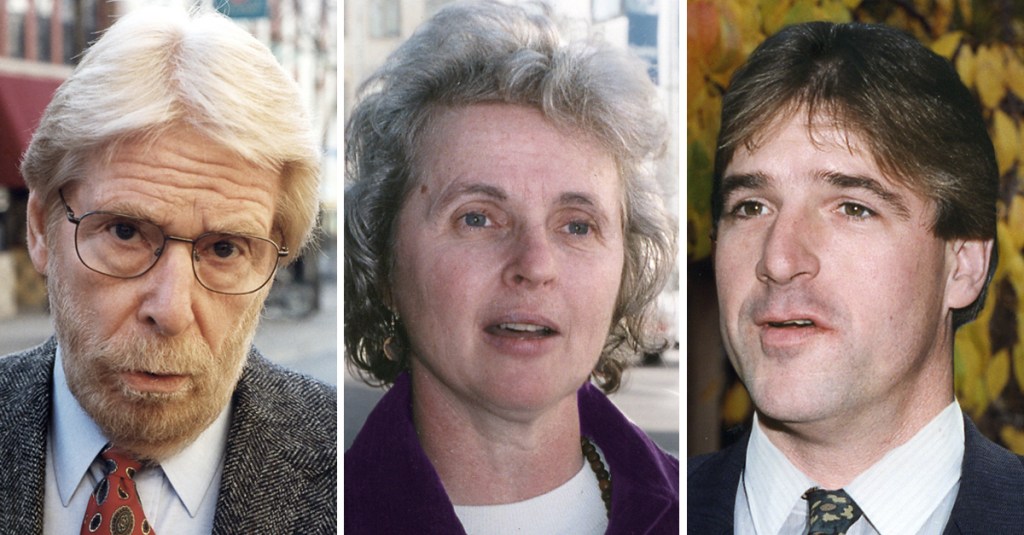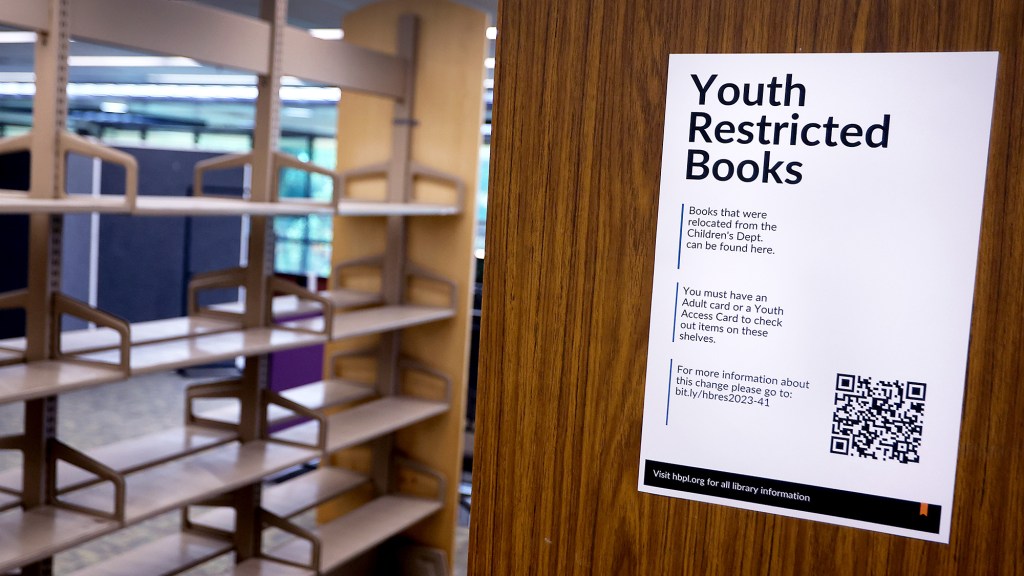HOLLYWOOD, CA—In honor of the 15th anniversary of the release of The Big Chill, Columbia Pictures announced Monday plans to rerelease the generation-defining baby-boomer film early next year in a newly contextualized, digitally re-zeitgeisted format.
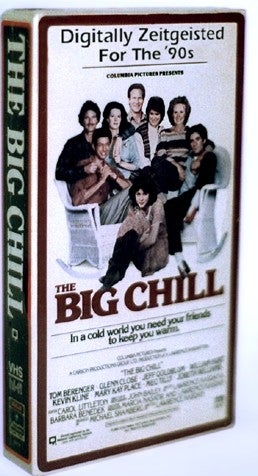
The 1983 comedy/drama, which focuses on a group of thirtysomethings struggling to cope with divorce, family responsibilities, their lost youth, and the fallout of the 1960s, has been painstakingly remastered by director Lawrence Kasdan at a cost of $25 million to reflect the changes in baby boomers’ obsessions and preoccupations during the decade and a half since its release.
“It was very important to me that this movie remain relevant in the late ’90s,” Kasdan said. “So I decided to go back and redo a number of scenes, using cutting-edge computer effects to replace the characters’ hand-wringing about the lost ideals of the ’60s with hand-wringing about their own approaching mortality. The characters’ new concerns have been seamlessly edited into the existing reels in a way that hopefully will serve to more profoundly re-contextualize the picture for aging boomers, making it more relevant than ever.”
Kasdan said he is particularly proud of one of the “new” scenes, in which the characters played by Glenn Close and Mary Beth Hurt discuss menopause. “It’s such a hot-button ’90s issue,” he said. “Women generally didn’t talk about it back in the early ’80s, and certainly not these characters, who were nowhere near middle age when the film was made. But in the context of today, it has real resonance.”
Among other additions to the new, re-zeitgeisted version: references to crack, AIDS, and the Internet; a Jeff Goldblum-Kevin Kline feud over money markets; and an updated soundtrack that replaces the original’s Motown fare with adult-alternative, roots-rock hits by the likes of Sheryl Crow and The Wallflowers.
At Monday’s press conference, Columbia chairman Walter Rheingold said the 1983 film was “the perfect choice” to be the first in a series of seminal motion pictures the studio will re-master using its state-of-the-art zeitgeisting technology.
“When The Big Chill hits theaters early next year, people will be able to see not merely a dusted-off reprint of the original, but a rich new version that fully takes into account the characters’ changed perceptions about the world and their place in it,” Rheingold said. “In 1983, The Big Chill defined a generation. Now, thanks to the wonders of special effects, it will do it again.”


